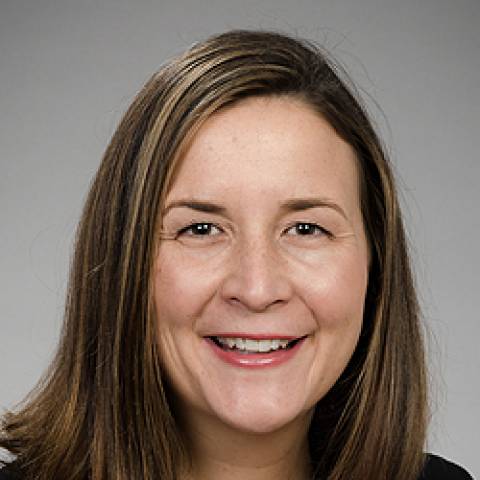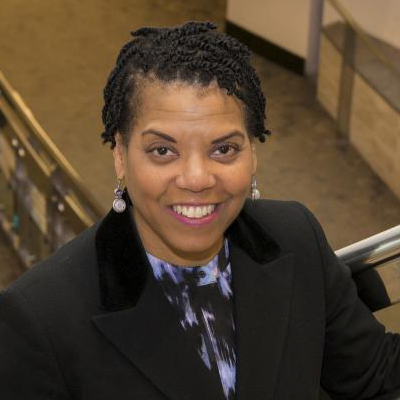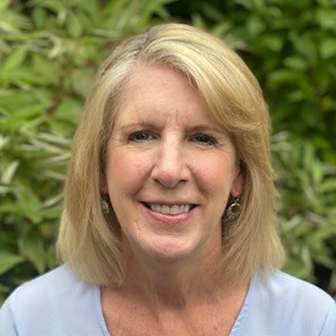UW Medicine Bias Reporting Tool
UW Medicine is an organization that embraces diversity, advances equity, and fosters inclusion and collaboration. We are a community that expects support and respect at all levels. We realize there are times when individuals at all levels in our system engage in biased behaviors which adversely impact the learning, teaching, working or healing experiences of others.
The Bias Reporting Tool is for sharing incidents of bias of any form, including but not limited to experiences of racial bias/racism, sexism, ableism, or other actions, behaviors, or processes that do not reflect the prioritization of inclusion and equity expected in all areas of our community.
We are committed to responding to these events and continuing to improve our climate. Thank you for taking the time to tell us what happened.
We understand sharing concerns can be difficult and we welcome anonymous reports. If you choose to report anonymously, please know our ability for follow-up will be limited. We encourage you to provide your contact information so we can reach out to you, hear more about what happened, hear how it impacted you, and discuss resources.
Click the button below to access the tool.
Annual Community Reports
Frequently Asked Questions
What is a bias incident?
A bias incident is any incident in which there is a perception that an individual within our UW Medicine community was treated differently based on their identity and the experience could produce harm. By “identity” we are referring to race, color, creed, religion, national origin, citizenship, sex, pregnancy, age, marital status, sexual orientation, gender identity or expression, genetic information, size, socioeconomic class, disability, veteran status, or other aspects of one’s identity. Our goal is to hear more fully about and respond as well as possible to what is happening in our community as we work towards UW Medicine’s goal of building a more inclusive environment.
Why should I use this tool?
One of the challenges in large organizations is that most instances of unprofessional or harmful behaviors are not reported. By having a centralized way to report problems and identify areas and topics that need attention, we can develop more targeted interventions to improve our community.
While you may choose to submit an anonymous report we encourage you to share your contact information. However, we welcome anonymous reports to enhance our collective knowledge and understanding of the current climate.
When should I file a SafetyNet vs a BRT?
Across the University of Washington and UW Medicine, there are several ways to report concerns about bias. Sometimes there is overlap in reports through other pathways and those that come in through the BRT. SafetyNet is a place to report all types of safety concerns, including those in which bias impacts the healthcare we deliver to our patients and families. It is important to note the BRT committee is not an investigational or QI protected workgroup. This means they do not investigate reports, or the people mentioned in reports. In cases involving patient care policies, a SafetyNet is filed to begin the 2 usual quality improvement processes. The BRT committee partners with other groups and offices as appropriate, including Patient-Relations and Risk Management, for these types of patient care concerns.
What happens after I submit a report?
A member of the BRT team will review the report and contact you to learn more about what happened, hear how it impacted you, and discuss resources. The information you shared will be in our database, to provide us with an overall picture of what our students, trainees, staff and faculty are experiencing. The committee will determine what follow up options are available. Examples include asking facilities services to remove graffiti, providing support to an affected community or providing feedback to a department or individual.
We understand sharing concerns can be difficult and we welcome anonymous reports. If you choose to report anonymously, please know our ability for follow-up will be limited.
Will my report result in an investigation of the matter?
It is important to note that the committee is neither a formal investigative nor an oversight body. In many cases, it is entirely up to the person making the report to decide if they want to initiate a formal investigation. If you submit a report and provide contact information, the committee can let you know your options for having the matter investigated and can provide resources. In rare instances, we may be compelled by law to report a matter to appropriate investigative body (e.g., Safe Campus, UW Medicine Compliance).
Why was BRT created?
This tool was created in 2021 as another doorway for our community to report experiences of bias. The BRT allows for tracking bias patterns in our communities and the reporting of bias in implementing our policies or processes. The BRT also allows us to support those impacted by bias and helps us to make recommendations and determine resources needed for follow up. Our purpose for sharing BRT data and narrative examples is to raise awareness, describe patterns, increase transparency, and to allow our full community to better understand how people are experiencing their workplace.
Who is in the BRT Committee?
The BRT committee is co-chaired by Drs. Paula Houston and Trish Kritek and includes leaders across UW Medicine.
These leaders represent faculty, nursing, human resources, graduate medical education, and undergraduate medical education teams.

Elaine Acacio
Director of Equity, Diversity, and Inclusion, UWMC

Erin Alexander
HR Director, UW School of Medicine

Andrés Barría
Professor of Physiology & Biophysics, Assistant Dean for EDI in Research and Graduate Education, UW School of Medicine

Chantal Cayo
Chief Nursing Officer, UW Primary Care Clinics

Elisa Clegg
BRT Coordinator, Office of Healthcare Equity, UW Medicine

Nancy Colobong Smith
Clinical Nurse Specialist, UWMC

Giana Davidson
Assistant Dean for Professional Development” Office of Faculty Affairs, UW School of Medicine

Cindy Hamra
Associate Dean for Graduate Medical Education

Dana Hermann
Associate Administrator, Harborview Medical Center

Paula Houston
Chief Equity Officer, Office of Healthcare Equity, UW Medicine

Trish Kritek
Vice Dean for Faculty Affairs, UW School of Medicine

Chiedza Nziramasanga
Senior HR Consultant, UW Medicine

Jennifer Petritz
Employee Relations Director, UW Medicine

Martine Pierre-Louis
Director of Equity, Diversity and Inclusion, Harborview Medical Center

Jessica Russell
Senior Director of Personnel Policy, UW Medicine

Gabe Sarah
Associate Dean for Student Affairs, UW School of Medicine
If you have non-urgent questions or concerns, please feel free to reach out to any member of the team or email biasreportingtool@uw.edu (please note, this email should not be used for urgent situations).
Other links
If you are looking to report a bias incident at UW that happened outside of UW Medicine, please visit the upper campus UW bias reporting tool page.
Below are links to resources we may refer you to or you may wish to visit for additional support:
CareLink
Peer to Peer Program
Office of the Ombud
Public Safety
Title IX
Civil Rights Investigation Office
Risk Management
Safe Campus
Washington Physicians Health Program
Patient Relations